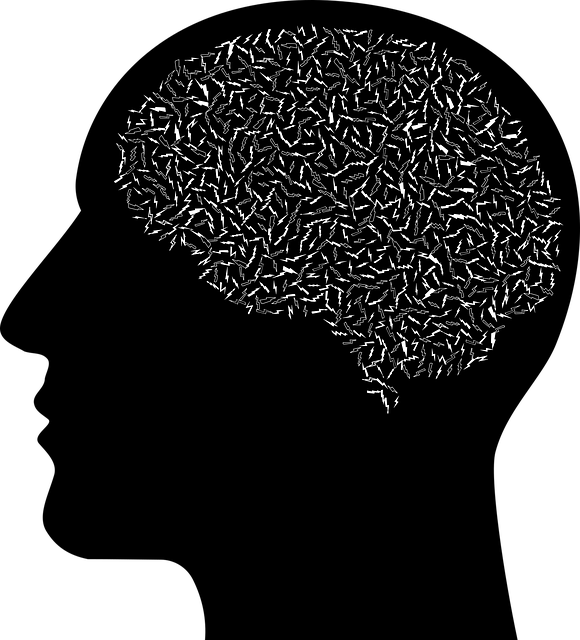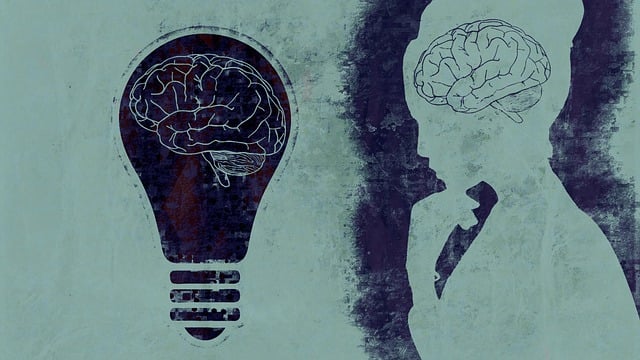Golden Mindfulness Therapy, an ancient stress management tool rooted in meditation, offers a holistic approach to emotional well-being. By cultivating awareness and emotional regulation through mindfulness exercises, meditation, and breathing techniques, this therapy helps individuals manage chronic stress and build resilience. Backed by growing evidence, Golden Mindfulness Therapy has the potential to revolutionize public health campaigns and improve mental health literacy, reducing anxiety, stress, and enhancing quality of life. Its integration into education and healthcare can transform professional well-being, classroom environments, and teaching effectiveness.
Stress management is a vital skill, especially for educators facing demanding workloads and diverse student needs. This article explores effective techniques to navigate stress and enhance mental well-being, with a particular focus on Golden Mindfulness Therapy as a powerful approach. We’ll uncover practical strategies for daily implementation, guiding teachers to integrate stress management into their practice. By understanding the impact of stress and learning evidence-based methods, educators can foster resilience and create healthier learning environments.
- Understanding Stress and Its Impact on Mental Health
- Golden Mindfulness Therapy: An Effective Approach
- Practical Techniques for Daily Implementation
- Incorporating Stress Management into Teaching Practice
Understanding Stress and Its Impact on Mental Health

Stress is a natural response to demanding situations, but chronic or prolonged stress can significantly impact mental health. It often manifests as feelings of anxiety, depression, and even physical symptoms like headaches or fatigue. Understanding this intricate relationship between stress and mental well-being is crucial for implementing effective management strategies. The practice of mindfulness, for instance, has gained prominence in Golden Mindfulness Therapy as a powerful tool to combat the negative effects of stress.
This therapeutic approach encourages individuals to become aware of their thoughts and emotions without judgment, fostering emotional intelligence. By developing a self-care routine that incorporates mindfulness exercises, meditation, and breathing techniques, one can better navigate stressful situations. Stress Management Workshops Organization play a vital role in teaching these skills, enabling people to take control of their mental health and cultivate resilience in the face of life’s challenges.
Golden Mindfulness Therapy: An Effective Approach

Golden Mindfulness Therapy is an increasingly popular approach to stress management that focuses on training the mind to be fully present in the current moment. This ancient practice, rooted in traditional meditative techniques, encourages individuals to observe their thoughts and emotions without judgment. By fostering emotional regulation and cultivating positive thinking, Golden Mindfulness Therapy equips people with powerful tools to navigate stressful situations effectively.
The benefits of this therapy extend beyond individual well-being; it has the potential to revolutionize public awareness campaigns development by promoting mental health literacy. As more people adopt these practices, there’s a growing body of evidence supporting its effectiveness in reducing stress and anxiety, leading to improved overall quality of life.
Practical Techniques for Daily Implementation

Incorporating practical stress management techniques into daily life is a powerful way to cultivate resilience and enhance overall well-being. One highly effective method gaining traction globally is Golden Mindfulness Therapy, which focuses on training individuals to develop emotional regulation skills and inner strength. This therapeutic approach encourages mindful awareness of thoughts and emotions without judgment, allowing people to respond rather than react to stressful situations. By practicing mindfulness meditation, deep breathing exercises, and body scans, individuals can learn to calm their minds and reduce anxiety levels significantly.
For a holistic approach, combining Golden Mindfulness Therapy with other evidence-based practices like cognitive-behavioral techniques offers even greater benefits. Healthcare providers can enhance their cultural competency training by incorporating these tools into their practice, enabling them to support patients from diverse backgrounds effectively. This integration of emotional regulation strategies not only empowers individuals to manage stress but also fosters a sense of agency, encouraging proactive self-care and improved mental health outcomes.
Incorporating Stress Management into Teaching Practice

Incorporating stress management techniques into teaching practice is a game-changer for educators’ well-being and overall effectiveness in the classroom. It’s like adding a layer of protection against the daily challenges of teaching, allowing educators to navigate their roles with resilience and positivity. By integrating practices such as mindfulness, which forms the core of Golden Mindfulness Therapy, teachers can create a calm and focused environment not only for themselves but also for their students. This self-care approach is crucial in today’s demanding education landscape.
Mental Wellness Coaching Programs and Development play a significant role in equipping educators with the tools to manage stress effectively. By fostering positive thinking and emotional intelligence, these programs enable teachers to handle stressful situations with grace and adaptability. The result? Improved classroom management, enhanced student engagement, and a more fulfilling teaching experience. It’s a simple yet powerful shift that can transform both the professional and personal lives of educators.
Stress management is an invaluable skill, especially for educators who face daily challenges. By understanding the impact of stress on mental health and adopting effective techniques like Golden Mindfulness Therapy, teachers can create a more balanced and fulfilling profession. Integrating these practices into teaching allows for improved well-being and better handling of classroom pressures. With regular application, these mindfulness strategies can revolutionize how educators navigate their careers, ultimately enhancing both personal satisfaction and student experiences.














